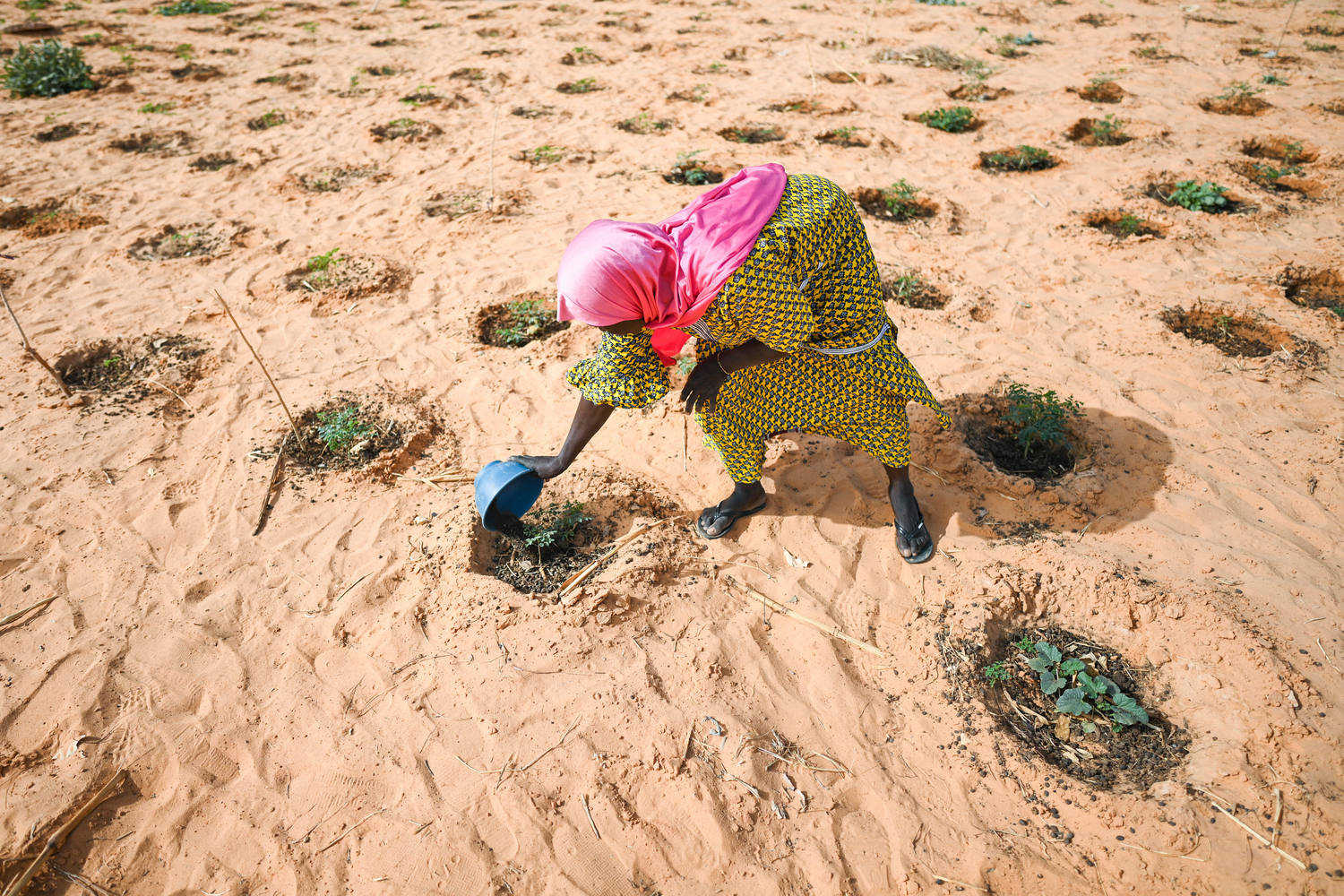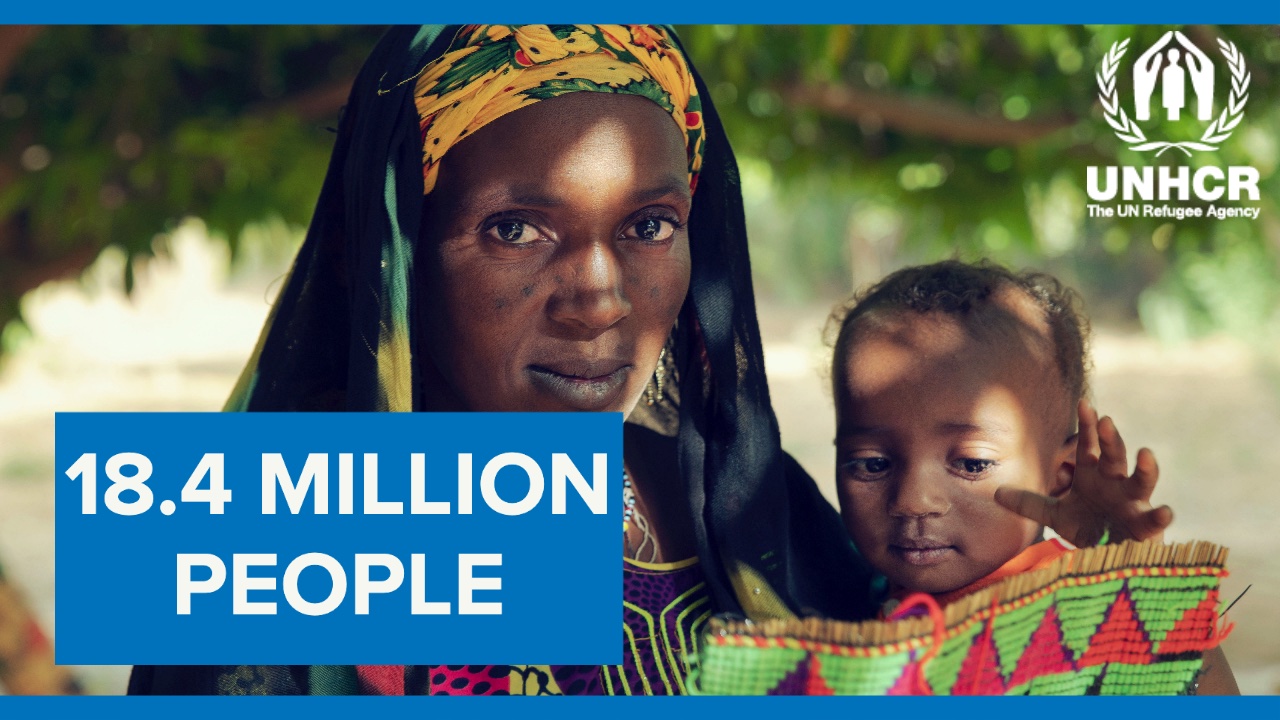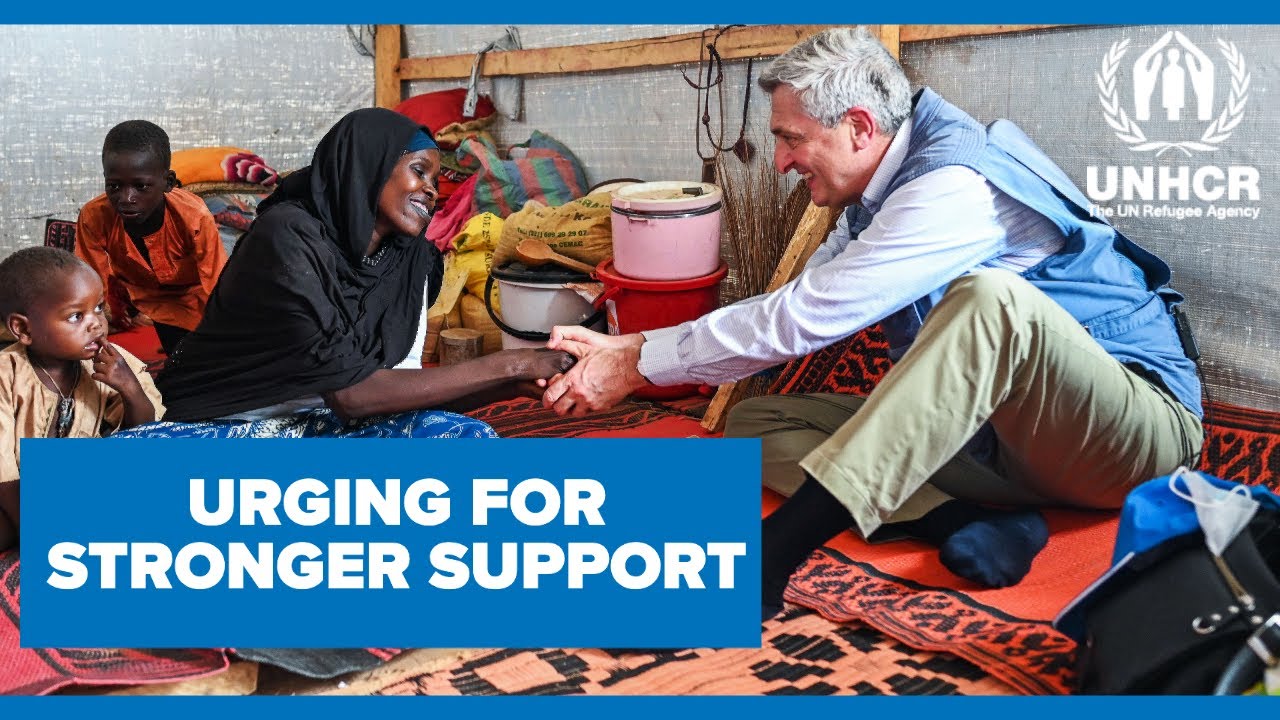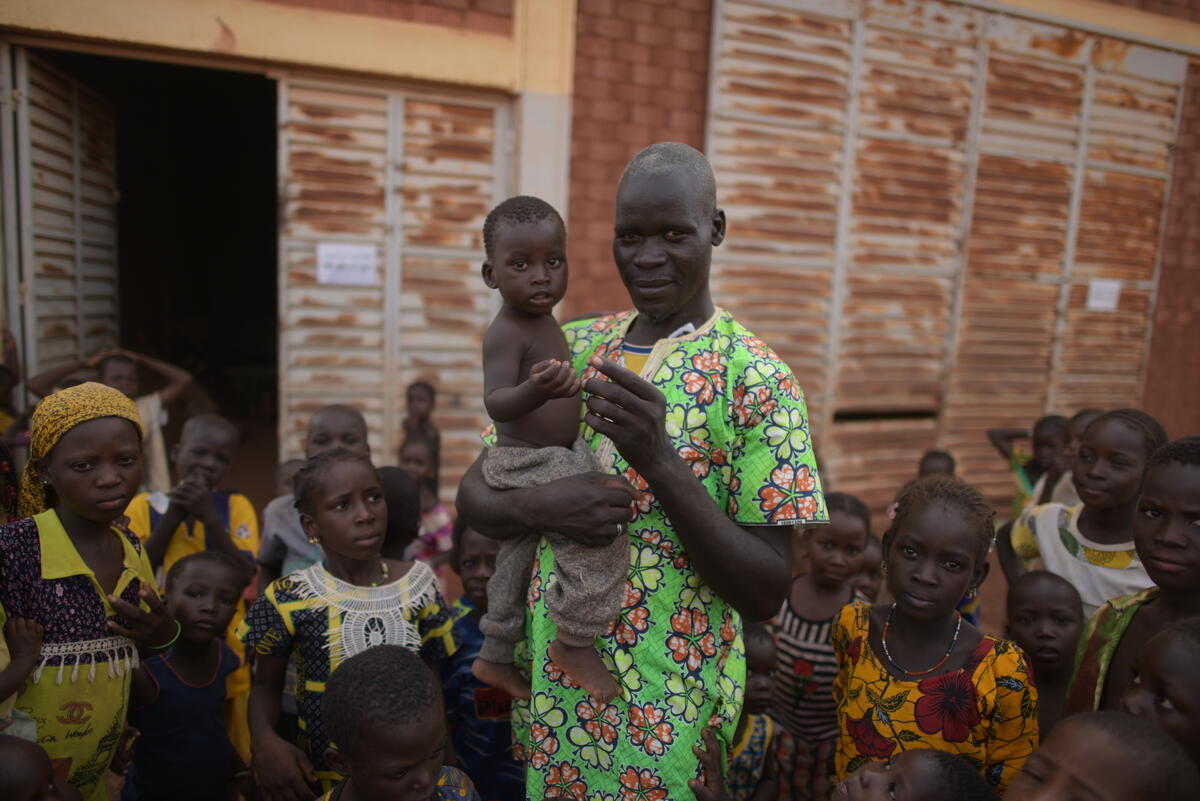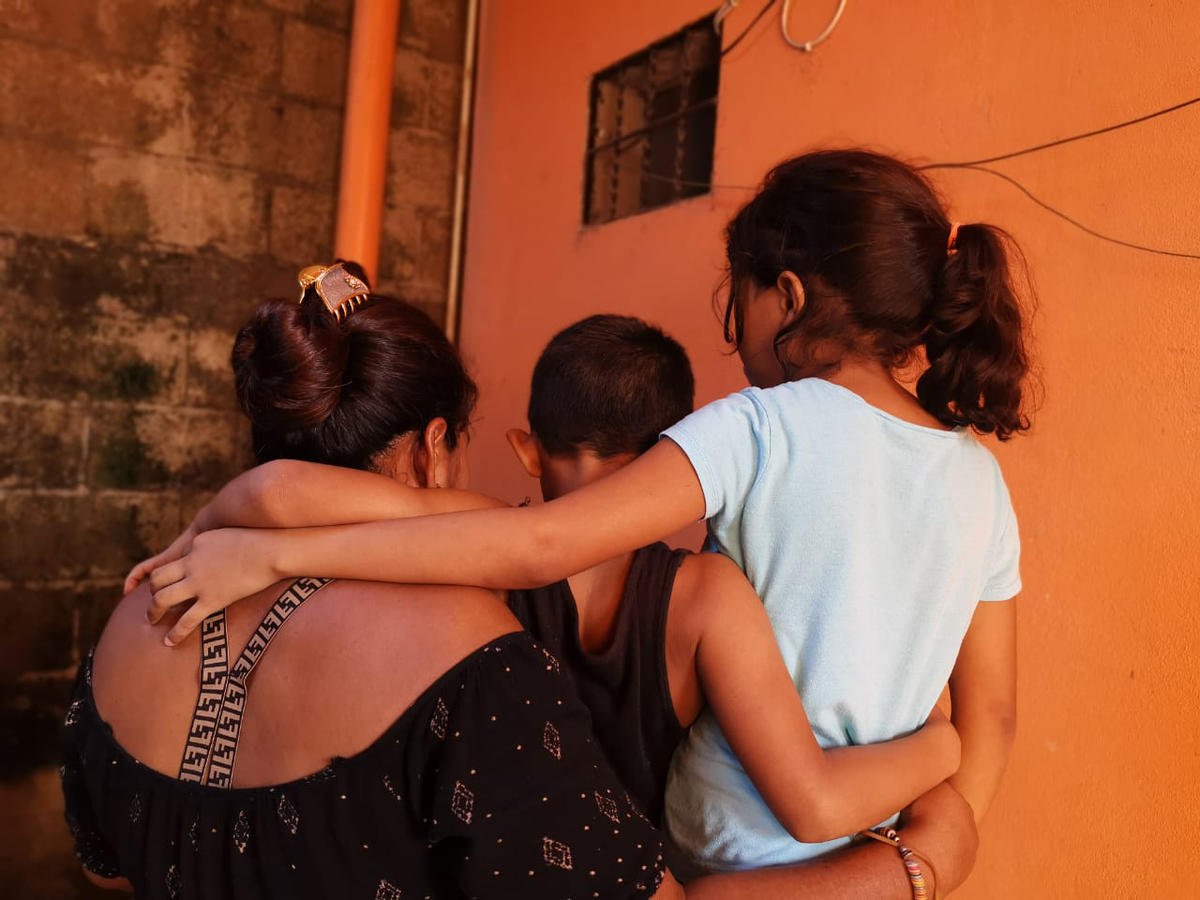Urgent need for water, security in Liberian-Ivorian border area
Urgent need for water, security in Liberian-Ivorian border area

SACLEPEA, Liberia, Nov 19 (UNHCR) - Thousands of people along the Liberian-Ivorian border are in dire need of security, food, water and medicine, said the UN refugee agency on Friday, warning that aid delivery is being hampered by poor infrastructure in the area.
An estimated 13,000 people have arrived in eastern Liberia since fleeing Côte d'Ivoire in the last two weeks. They include more than 10,000 Ivorian refugees who have so far been registered, as well as some 900 Liberians who had hitherto been living in exile in Côte d'Ivoire.
"Water and security are two of the most pressing concerns," UNHCR spokesman Ron Redmond told reporters at a news briefing in Geneva on Friday. "With no potable water available, people are drinking from streams. And there is, at the moment anyway, no national police presence along the porous border."
There is also an urgent need for food and medicine, which were already in short supply for the local Liberian population before the recent refugee influx, he added.
"The delivery of food and assistance presents enormous challenges in an area totally lacking in infrastructure, where roads and bridges have been destroyed by 14 years of conflict," said Redmond. "More aid will likely have to be airlifted by UN helicopters, as was the case last weekend."
An interagency team of UN and non-governmental organisation staff is conducting a technical assessment of needs and the best ways to address them for both the refugee and local population in eastern Liberia.
The refugees started fleeing Côte d'Ivoire after an 18-month ceasefire broke down in early November. Most of the Ivorians are coming from western Côte d'Ivoire, especially from Danané and Guiglo towns near the "Zone de Confiance" that is patrolled by UN troops to maintain peace between rebels in the country's north and government troops in the south.
"Many of the refugees told UNHCR they left Côte d'Ivoire because they were scared that fighting would once again erupt between rebels and government soldiers," said Redmond. "In recent days, some of the new arrivals reported hearing gunfire, while others said they had fled because government troops were trying to conscript them."
Meanwhile, refugee registration is continuing in eastern Liberia. This is particularly difficult as the refugees are entering Liberia along a 45-km stretch of Cestos river that divides the two countries. They then disperse into more than 20 villages, where they share accommodation and food with the local population.
UNHCR has set up two transit centres to host the recent arrivals - at Butuo and Logatuo. The refugee agency may establish a third centre 35 km away from the border if the situation worsens, but has warned that moving large groups of refugees will be extremely difficult given the area's poor infrastructure.

